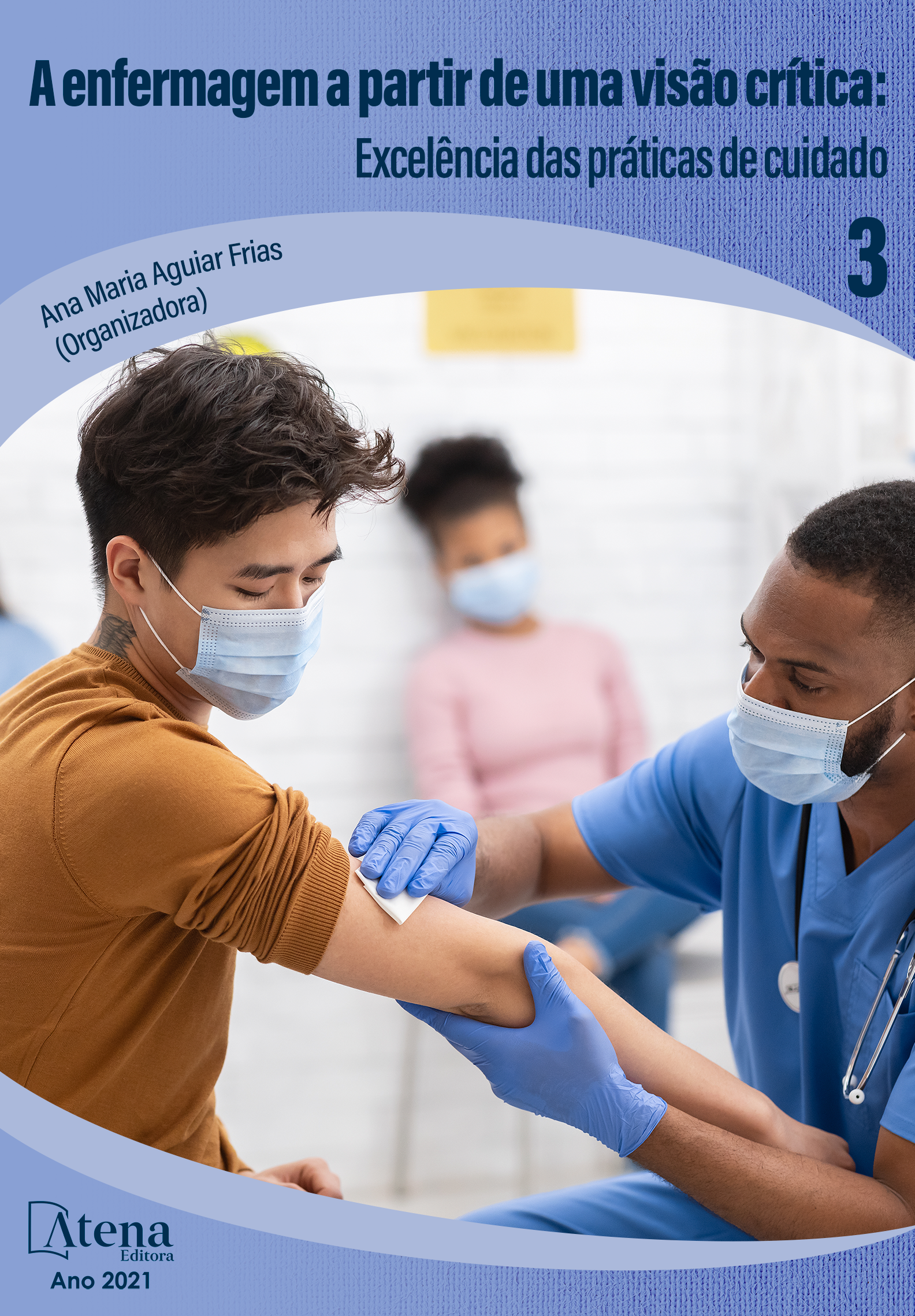
CUIDADOS DE ENFERMAGEM AO PACIENTE RENAL: UM OLHAR SOBRE A EDUCAÇÃO PERMANENTE E A SEGURANÇA DO PACIENTE.
Introdução: Os profissionais da saúde devem ser capacitados continuamente para avaliar o paciente com insuficiência Renal, de modo a perceber o contexto de vida, suas necessidades e assim coletar informações precisas para a melhor definição do plano de cuidado. O enfermeiro e o técnico de enfermagem são o elo entre paciente, família e os demais membros da equipe, esse compromisso tácito no cotidiano dos pacientes renais e família. No processo de educação continuada ao cuidado a equipe deve trabalhar coesa, humanizada e sempre valorizando a segurança do paciente. Objetivo: debater a educação continuada na segurança do paciente renal cuidado pela enfermagem. Metodologia: revisão de literatura sobre educação continuada na segurança do paciente renal. Foram acessados textos completos, livros e documentos, revisões sistemáticas seguidas ou não de meta-análises disponíveis on line em língua portuguesa, utilizando os descritores: educação permanente, enfermagem, insuficiência renal ou segurança do paciente, selecionando as publicações disponíveis nas bases de dados SciELO, LILACS e PubMED, publicadas nos últimos 10 anos (2011 – 2021). Resultado e Discussão: O ambiente dos pacientes em tratamento renal é objeto da discussão para o saber do enfermeiro, que traz de seus conhecimentos prévios e da sua equipe, a educação continuada. A necessidade do profissional capacitado é emergente neste campo de alta complexidade e precisa de um desenvolvimento profissional com atualização técnico-científico. O cotidiano dos sujeitos, principalmente dos enfermeiros, mostra um movimento para a melhoria da educação continuada no serviço, voltado para questões da humanização e melhoria da qualidade do atendimento em saúde, a intenção de contribuir para o serviço e transformar a realidade mediante discussões e reflexões. Essa área demanda da educação continuada tempo que muitas vezes acaba sendo voltada somente para serviço burocrático na assistência, requer um maior número de profissionais exclusivos para o planejamento das ações de ensino.
CUIDADOS DE ENFERMAGEM AO PACIENTE RENAL: UM OLHAR SOBRE A EDUCAÇÃO PERMANENTE E A SEGURANÇA DO PACIENTE.
-
DOI: 10.22533/at.ed.5702116097
-
Palavras-chave: Educação Permanente, enfermagem, insuficiência renal e segurança do paciente.
-
Keywords: Continuing Education, Nursing, Kidney Failure and Patient Safety.
-
Abstract:
Introduction: Health workers must be continuously trained to assess patients with renal failure, in order to understand the patient life style, their requirement and thus to collect accurate information to care plan better definition. The nurse and the nurse´s assistant are the link between the patient, family and other healthcare team members, this unspoken commitment in the daily lives of renal patients and their families. In the process of continuing care education, the healthcare team must be in cohesive work, humanized practice and always valuing patient safety. Objective: to discuss the nursing continuing education in the safety of renal patients cared and its consequences. Methodology: The literature review on continuing education in renal patient safety was accessed in full texts, books, scientific documents, such original research papers or systematic reviews followed or not by meta-analyses. These Portuguese language literatures available online published in the last 10 years (2011 – 2021) were accessed using the descriptors: permanent education, nursing, renal failure or patient safety, selecting the publications available in the SciELO, LILACS and PubMED databases. Results and Discussion: The all healthcare aspect of patients undergoing renal treatment is the object of discussion for the nurses' knowledge, which brings out the importance of continuing education, the nurse individual previous knowledge and their team learning. The need for trained professionals is emerging. This highly complex field needs professional development with technical-scientific updating. The daily lives of healthcare works, especially nurses, show a movement to improve continuing education in the service, focused on issues of humanization and improving the quality of health care, the intention to contribute to the service and transform reality through discussions and reflections. However, the healthcare safety demands time from continuing education, this time often ends up being focused only on bureaucratic care in assistance. Additionally, the safety practice requires a greater number of professionals exclusive to plan teaching actions.
-
Número de páginas: 7
- Fabio Juliano Negrão
- Marcio Eduardo de Barros
- Idalina Cristina Ferrari


